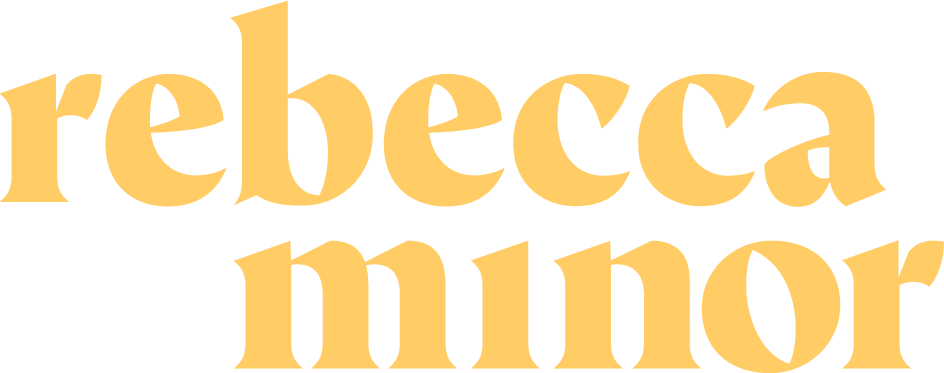Demystifying Trans Identity: You Can Be Trans And…
Let’s get one thing straight: there’s no rulebook for transness!
If you’re cisgender, meaning that you identify with your sex assigned assigned at birth, you might have certain preconceived notions of what “being trans” looks like. Lots of people immediately associate transness with changing how someone looks, the use of hormones, surgeries, or conflate gender and sexuality in ways that aren’t accurate. These misconceptions are harmful for the trans community. It’s important that cis people actively fight against these assumptions.
Read on to learn, grow, and demystify transness!
You can be trans and not be on hormones
Hormones are not a qualifier of transness.
Just because a trans person decides not to go on hormones, or come off of hormones, does not make them any less trans! Transition is a fluid, unique process that looks different for every person. To use gender affirming hormones as a qualifier of “being trans” is patently false, and harmful to the community.
You can be trans and not have dysphoria
Pain and suffering should not be “required” to be trans. This statement might seem obvious, but people frequently conflate being trans with having dysphoria, the experience of discomfort when one’s body doesn’t feel in alignment with their gender identity. Countless clients have shared with me that they doubted their transness because they lacked the dysphoric experience they thought determined if they were trans. In fact, some trans people only, or often, experience gender euphoria, a feeling of happiness when presenting as the gender they identify with. Does this mean they are not trans? Of course not!
Trans pain should not be the cultural or diagnostic qualifier that determines if someone is “really trans”. In fact, only you really know if you are trans.
You can be trans and not align with the gender binary
You can be trans and not align with any and all elements of the binary! Being trans does not require use of a certain set of pronouns or the performance of gender. Trans people do not need to comply with the gender binary - and in fact, nobody does!
You can be trans and not undergo surgery
Just as trans people do not need to go on hormones to be trans, surgery is also not a required “step” of transition. Many trans people opt not to do either of these things, and instead transition by living their identity- changing clothes, names, and ways they live their lives in order to feel more affirmed and fulfilled.
Check out my Instagram post to learn more about name changes, a common transition step that requires no medical intervention.
You can be trans and be pansexual, bisexual, or any other sexuality
Sexuality ≠ Gender!
Who someone is attracted to has nothing to do with their gender identity. These categories might be grouped together under labels like LGBTQIAAP+, but one does not determine the other.
Transition can impact attraction, and sometimes people change the language that they identify with, but again - gender and sexuality are two different things!
You can be trans and… anything you wish to be!
There is no rulebook to being trans! Transness is a bundle of unique experiences, and no one has the right to question anyone’s identity because of arbitrary rules of what “being trans” is.
Is there something you assumed you’d have to do or be in order to be “trans enough”? Let me know in the comments below!
Want to learn more?
Check out my recent blog posts, Active LGBTQ+ Allyship Explained and Six Trans Myths, Debunked! to learn more!
Resources to learn more about LGBTQ+ identities and be a better parent or caregiver:
A great way to be an ally is learning the proper terms to discuss 2SLGBTQ+ topics.
To download a PDF of gender and sexuality terms click here.
Has a kid in your life recently come out to you? Check out my guide!
Sign up for How To Talk To Kids About Gender, the course that helps parents and caregivers have the not-so-difficult conversations that matter about gender.
